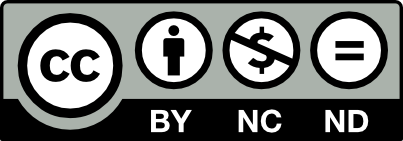Educare al pensiero per confrontarsi con la cultura camorristica
DOI:
https://doi.org/10.23823/jps.v3i1.51Abstract
This paper suggests an interpretation, the "Camorra" phenomenon from a psychosocial perspective. This framework takes in consideration not only the criminal organization but also the typical way of thinking of "mafia" families and their intrinsic maternal culture. This psychosocial system recognizes its origins in the history of the city of Naples, marked by the succession of foreign dominations and from the melting pot that followed. Specifically, the "Camorra" was established as a social group in the city between the sixteenth and eighteenth centuries, during the Spanish domination. Gradually, it offered itself to the citizens as an alternative to the government and the laws. The psychological investigation of the "Camorra" phenomenon arises from the need to understand the cultural ambiguity and perennial insecurity, mixed with the perception of illegality as a normal and constitutive phenomenon of everyday life. The transpersonal dimension of the "Camorra" phenomenon is highlighted. Next, a hypothesis of interventions is synthesized to be considered useful, not only to the development of the community, thus encouraging nationality and legality, but also to increase, in educational environments, activities aimed at self-growth and education for a thought independent. The games, thesports activity, and the theater are exemplified as useful tools to pursue these aims.
Downloads
Downloads
Published
Issue
Section
License
Authors who publish in this journal agree to the following:
- Authors retain the rights to their work and give to the journal right of first publication of the work simultaneously licensed under a Creative Commons License - Attribution that allows others to share the work indicating the authorship and the first publication of this journal.
- Authors can accept other non-exclusive licensing agreements for the distribution of the published version of the work (eg. Deposit it in an institutional repository or publish it in a monograph), provided to indicate that the document was first published in this journal.
- Authors can spread their work online (eg. In institutional repositories or on their website) before and during the submission process, because it can lead to productive exchanges and increase the work published citations (See The Effect of Open Access) .









